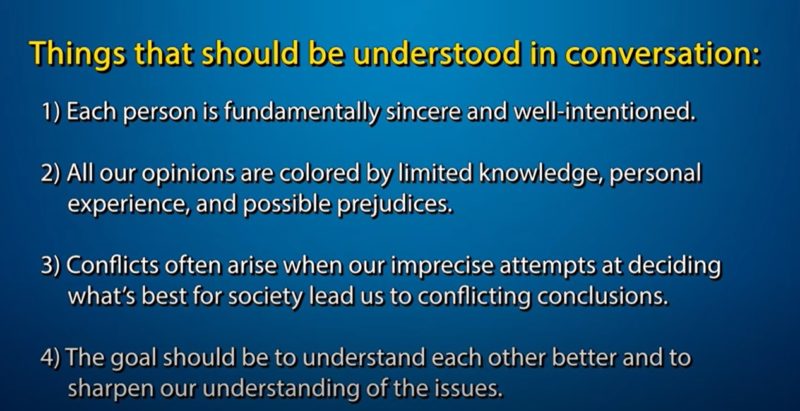Dave Pack is at it again. He’s predicting Jesus’s return within the next nineteen hours:
In case that’s not clear, that’s tomorrow:
We can forgive him for not having figured it out sooner — after all, no one else has figured this out:
He’s figured out lots of other things, so we should be grateful for that.
He’d predicted this earlier, and it didn’t come to pass, but in the end, he was just a day off. A day and nine years:
Still, it’s a relief to know the return of Jesus is happening tomorrow.
At least, that’s what he said on 17 September…

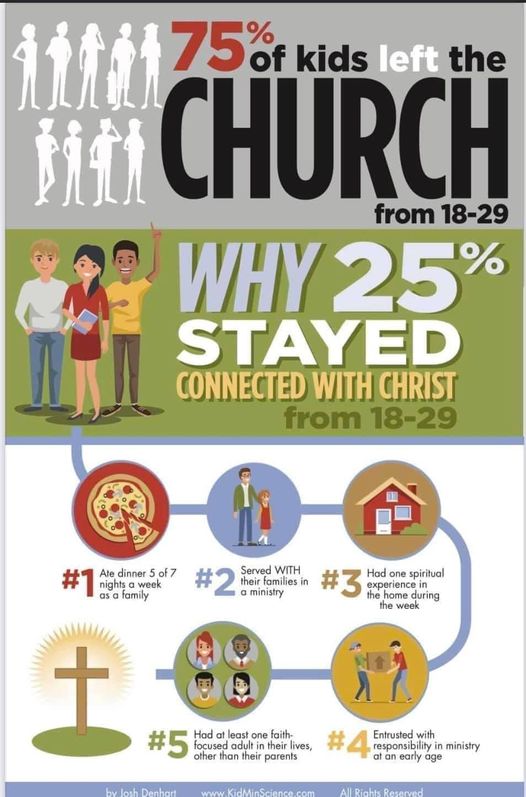
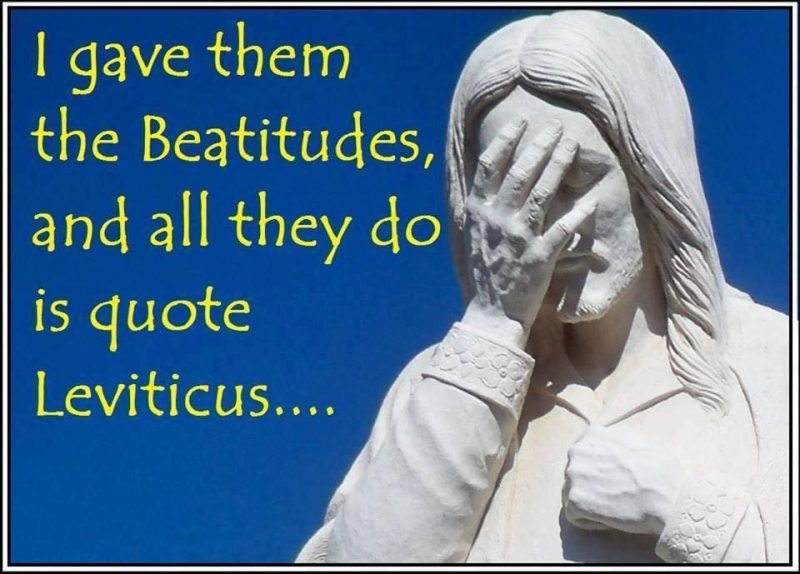
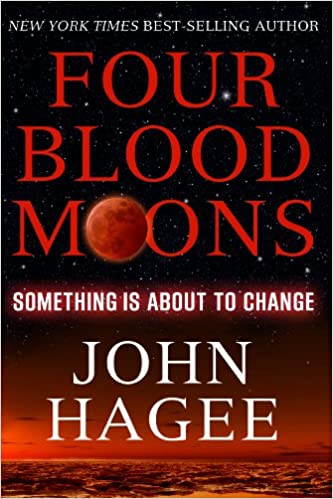 I don’t know why I read things like this. I knew when I reserved it at the library that I was just getting this nearly-decade-old book by fundamentalist nutjob pastor
I don’t know why I read things like this. I knew when I reserved it at the library that I was just getting this nearly-decade-old book by fundamentalist nutjob pastor 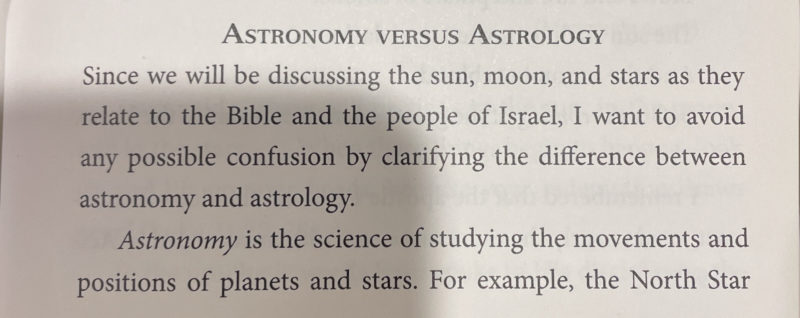
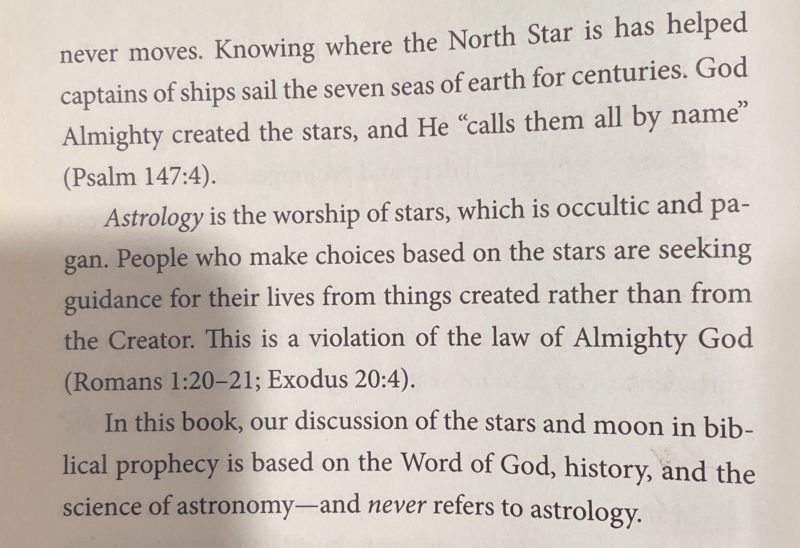











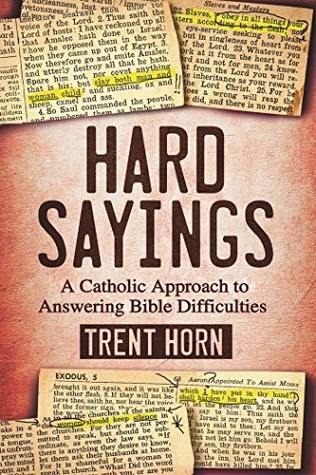 In the introduction to Hard Sayings: A Catholic Approach to Answering Bible Difficulties, Trent Horn quotes Dan Barker’s succinct point about the Bible: “An omnipotent, omniscient deity should have made his all-important message unmistakably clear to everyone, everywhere, at all times.” By this, Barker of course means that a god who is all the things the Christian god is supposed to be would send a message that couldn’t be so easily misunderstood, so easily used to justify so many conflicting ideas, as the Bible is.
In the introduction to Hard Sayings: A Catholic Approach to Answering Bible Difficulties, Trent Horn quotes Dan Barker’s succinct point about the Bible: “An omnipotent, omniscient deity should have made his all-important message unmistakably clear to everyone, everywhere, at all times.” By this, Barker of course means that a god who is all the things the Christian god is supposed to be would send a message that couldn’t be so easily misunderstood, so easily used to justify so many conflicting ideas, as the Bible is.